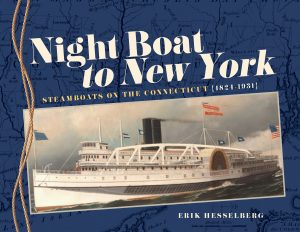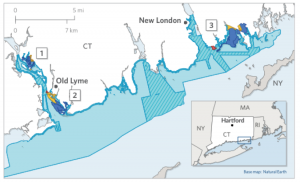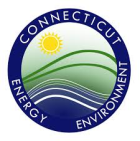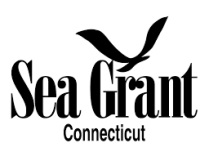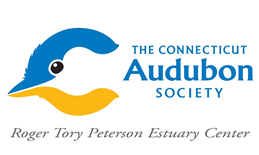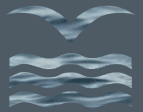CRM Talks – Dr. Akeia de Barros Gomes
Live From the Boathouse
Tuesday, April 18, 2023
6:00 – 7:00 pm
Members FREE
Non-Members $5.00
Dr. Akeia de Barros Gomes presents:
Ebb and Flow: Redefining “Maritime History” through Black and Indigenous Voices
How would we define maritime histories if those histories were told through Black and Indigenous lenses? Dr. Akeia de Barros Gomes will present an ongoing collaborative project with New England’s Black and Indigenous communities which seeks to answer the question, “How would New England’s maritime history be told if it had always been told through Black and Indigenous voices?”
Maritime museums can, through exhibitions, publications and programming, make a strong argument that the complex narratives of the modern world ARE rooted in maritime histories. We cannot understand the development of the modern world system without understanding how waterways have shaped human interactions and human relationships. While we often hear maritime museums are THE place to tell multiracial stories and that it’s natural to tell stories of integration and freedom through maritime museums because of the inclusive nature of 19th century maritime industries, we can’t start there. We cannot just dive into telling the stories of mariners of color or Indigenous whalers without a thorough study of their maritime histories before “America.”
We have a responsibility to rethink historical narratives and foreground marginalized voices. In the Dawnland (New England), these complex narratives involve the relationship of the sea to colonialism, dispossession and racialized slavery, but maritime cultures also functioned to maintain in cultural continuity, perseverance, resistance and agency within Black and Indigenous communities up to the present.
Dr. Akeia de Barros Gomes is the Senior Curator of Maritime Social Histories at Mystic Seaport Museum, she is the Director of the Frank C. Munson Institute of American Maritime Studies, and is a Visiting Scholar at Brown University’s Center for the Study of Slavery and Justice. Akeia is responsible for working on curatorial projects of race, Indigenous histories, ethnicity and diversity in New England’s Maritime activities. She is lead curator for the 2024 Mystic Seaport exhibition, Entwined: The Sea, Sovereignty and Freedom, a multi-year Mellon Foundation-funded project that reimagines the history of the founding and development of New England through Indigenous, African, and African American maritime narratives. Dr. de Barros Gomes has engaged in archaeological fieldwork on the Mashantucket Pequot Tribal Reservation in Mashantucket, CT; in the US Virgin Islands and in Newport, RI. She has engaged in Anthropological fieldwork in the US Virgin Islands, in Benin, and in New Orleans. Akeia was professor of American Studies and Professor of Psychology and Human Development at Wheelock College from 2008 to 2017. She was Curator of Social History at the New Bedford Whaling Museum from 2017 to 2021 before taking her position at Mystic Seaport Museum.
Image Courtesy of Dr. Akeia de Barros Gomes
CRM Talks 2023:
February 23, 2023: Elizabeth Normen, Venture Smith
March 21, 2023: Steve Taylor, Connecticut Valley Agriculture: A Continuum of Change
April 18, 2023: Dr. Akeia de Barros Gomes, Maritime History: Indigenous & African American
May 17, 2023: Michaelle Pearson and Jim Lampos: Remarkable Women of Old Lyme
The Connecticut River Museum may record this webinar, including all questions, comments, etc. by the audience. By participating, you agree to allow the recording to be posted on the Connecticut River Museum’s website, Facebook page, Instagram feed, and other media. Please consider a donation to support CRM. If you have already donated, thank you for your support.





